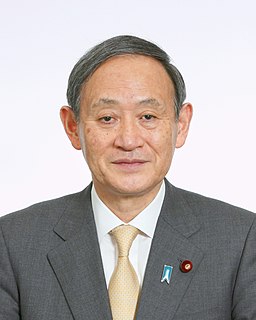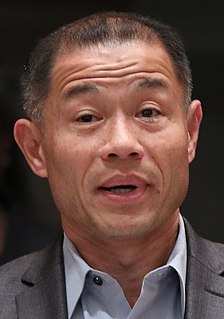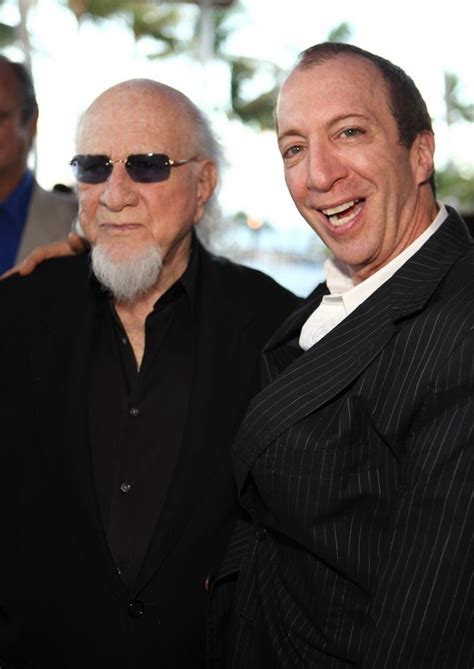A Quote by Tae Yoo
Digitization is the full-scale adoption of computer- and Internet-enabled technologies by consumers, businesses, and governments; it is important because it can grow economies and create jobs.
Related Quotes
Samasource creates jobs in regions where more traditional forms of employment in low-income economies, such as manufacturing, are difficult to scale because of poor infrastructure. In a village in Rukka, India, for example, our small data entry partner employs over 60 people doing various types of Internet research for Samasource.
We're in a classic demand-shortfall recession. There aren't enough jobs because total spending is too low. Consumers won't lead the way because they're busy paying down debt and are fearful they'll lose their jobs, if they haven't already. Businesses, which are currently sitting on mountains of cash, won't spend either, because they already have sufficient capacity to produce more than people are willing to buy.
I want to get the economy going again. It's not just enough about what we're against, as important as that is. I have a plan to create new jobs, manufacturing, infrastructure, clean energy jobs that will make us the 21st century clean energy super power. I also want to make sure small businesses can start and grow again.
Communication media enabled collective action on new scales, at new rates, among new groups of people, multiplied the power available to civilizations and enabled new forms of social interaction. The alphabet enabled empire and monotheism, the printing press enabled science and revolution, the telephone enabled bureaucracy and globalization, the internet enabled virtual communities and electronic markets, the mobile telephone enabled smart mobs and tribes of info-nomads.
Whenever you have consolidation, you do that for more economies of scale and leverage in making deals. But when you start losing control, like with the web, you lose some of the benefits. You can't hold films or records back anymore because the internet has made everything available as soon as it's available. Record labels have to learn to make money, and that's moved from a control model to a collaborative world. When I talk about hobbyists, those are consumers wanting to be creators. But maybe one or two of them could become the next superstar, but I can't wait for that.



































